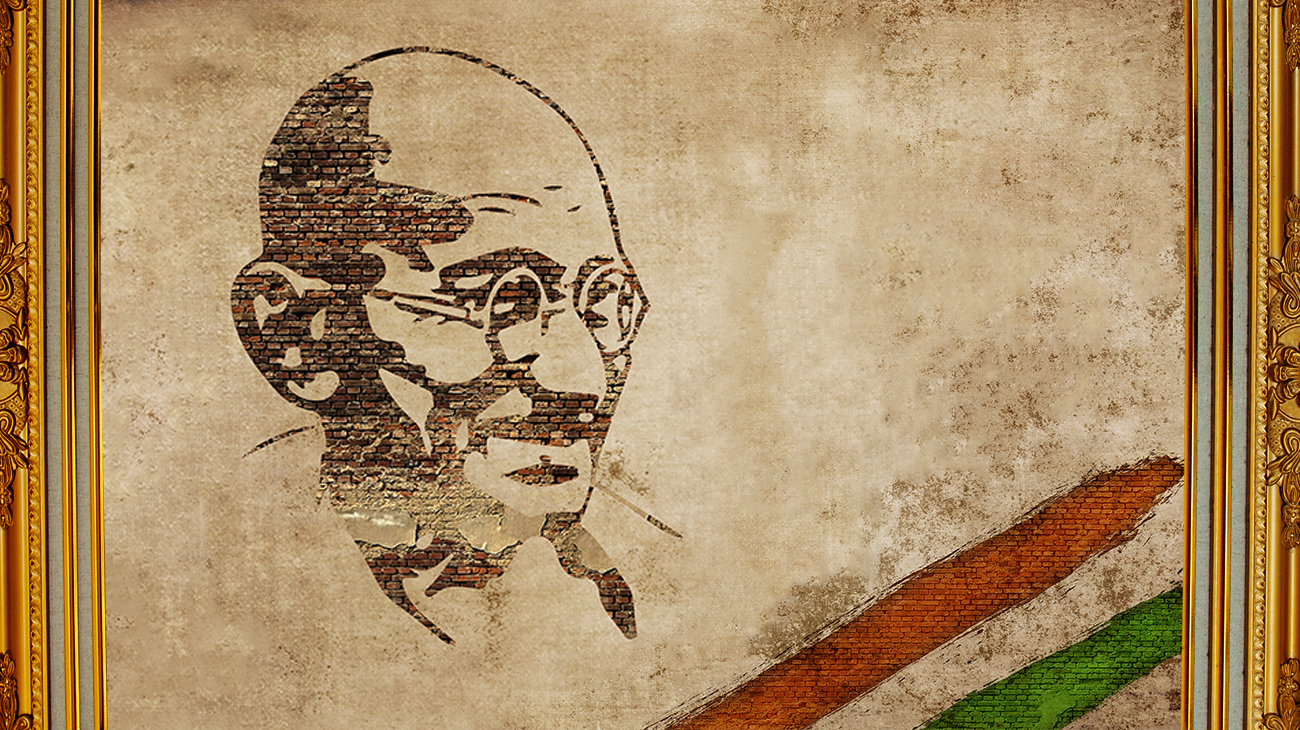Mahatma Gandhi, often referred to as the “Father of the Nation” in India, was not only a political leader but also a profound philosopher. His life and teachings continue
Exploring Gandhian Philosophy: A Journey into Nonviolence and Truth

Introduction
Mahatma Gandhi, often referred to as the “Father of the Nation” in India, was not only a political leader but also a profound philosopher. His life and teachings continue to inspire individuals and movements worldwide. At the core of Gandhi’s philosophy lies the twin pillars of nonviolence (Ahimsa) and truth (Satyagraha). In this blog, we will delve deep into the essence of Gandhian philosophy and its enduring relevance in today’s world.
Ahinsa: The Principle of Nonviolence
Gandhi encouraged individuals to practice nonviolence in their daily lives. This meant refraining from harming others through words or actions and cultivating compassion and empathy.
Gandhi employed nonviolent resistance as a powerful tool in the fight against British colonial rule in India. His philosophy of Satyagraha (truth force) involved using nonviolent civil disobedience to achieve political change. This approach was instrumental in India’s struggle for independence.
Gandhi’s commitment to nonviolence influenced leaders like Martin Luther King Jr. during the Civil Rights Movement in the United States and Nelson Mandela during the anti-apartheid movement in South Africa. It continues to inspire movements for peace and justice worldwide.
Satyagraha: The Power of Truth
Satyagraha, another fundamental aspect of Gandhian philosophy, is the force of truth or soul force. Gandhi believed that truth is the ultimate reality, and individuals should seek it in all their actions. Satyagraha involves standing up for what is right, even in the face of oppression, using nonviolent means.
The Search for Truth
Gandhi believed in the continuous search for truth within oneself. He saw it as a lifelong journey of self-improvement and self-awareness.
Civil Disobedience
Satyagraha was a powerful tool in Gandhi’s toolkit. He led numerous campaigns of civil disobedience, including the famous Salt March, where thousands of Indians peacefully protested against the British salt monopoly.
Conflict Resolution
Gandhi believed that Satyagraha could be used to resolve conflicts on personal and international levels. It emphasized dialogue, negotiation, and finding common ground.
Gandhian Philosophy in Today's World
The principles of nonviolence and truth remain as relevant today as they were during Gandhi’s time. In a world marked by conflicts, injustice, and environmental challenges, Gandhi’s philosophy offers valuable lessons:
Conflict Resolution
Nonviolent methods, inspired by Gandhi, continue to be effective in resolving conflicts without resorting to violence. Dialogue and negotiation are essential tools in diplomacy and international relations.
Social Justice
The fight for social justice, human rights, and equality is a global concern. Gandhi’s philosophy provides a moral foundation for addressing these issues without resorting to violence.
Conclusion
Gandhi’s philosophy of nonviolence and truth continues to shine as a beacon of hope in a world often plagued by violence and falsehood. It reminds us that positive change can be achieved through peaceful means, that personal integrity matters, and that the pursuit of truth is a noble endeavor. As we explore Gandhian philosophy, we find not just a historical figure but a timeless guide for creating a better world one based on compassion, justice, and the unwavering pursuit of truth.





